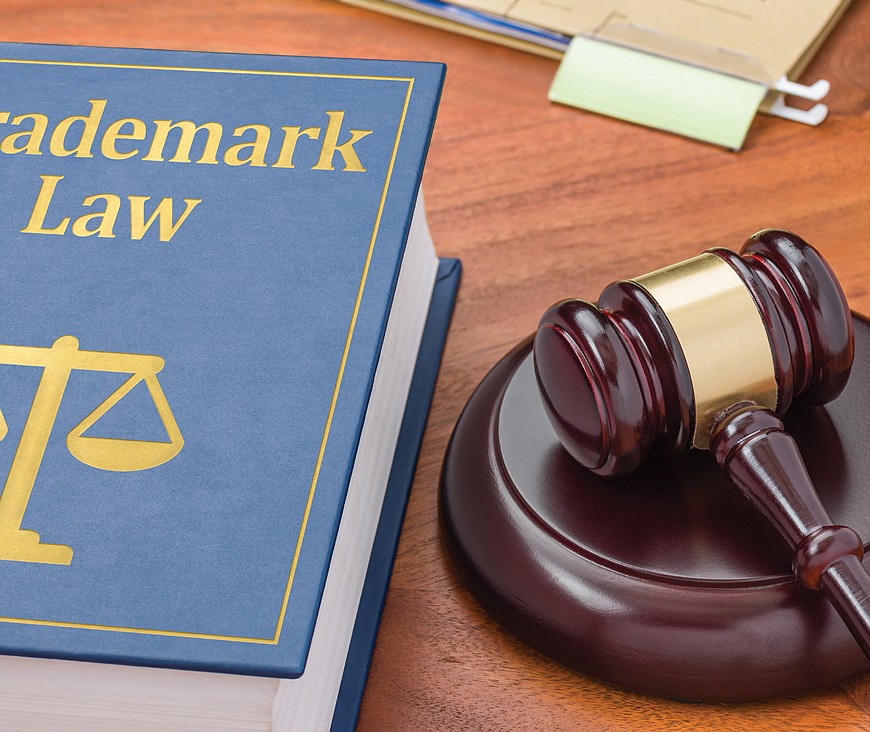-
-
Loading

Loading

There are a number of things to consider when choosing your company’s trademark. Among other things, you should:
• Run searches to confirm whether your mark will infringe on an existing mark. Your trademark could infringe another trademark because it is spelled the same, looks the same, or even sounds the same. And just because another company’s mark is not registered, it does not mean that you would not be infringing it.
• Consider choosing a more “distinctive” (non-descriptive) mark to receive a higher level of protection. While marks that are descriptive of you or your goods or services may be desirable from a marketing perspective, they can be harder to protect and enforce as trademarks.
• Make sure that the domain name you want to use is available for purchase. Even if the trademark has not been registered, the domain name may be in use by another company.
The best trademark protection comes from registering the mark. Where you register may depend on where you use the trademark.
• If the trademark is used for goods or services that affect interstate commerce, a federally registered trademark will provide the strongest protection.
• If the trademark will only be used within one state, state trademark registration may be a simpler alternative to consider.
Keep in mind that just because your company is registered with your state’s secretary of state or because you have registered a fictitious name, that does not mean your trademark is automatically registered.
Once you have filed a trademark application and the mark has been registered, you must have a plan in place to police your brand to make sure that others are not infringing it. If someone is infringing your trademark, this could lead to a loss of business or could affect your company’s reputation and its ability to fully protect its trademark.
As your company evolves, so must your trademarks. As you create new products and services or expand the area of your business, you may want to create new trademarks or file existing trademarks in new jurisdictions.
These are just a handful of items to keep in mind for creating and protecting your company’s trademarks. Other forms of intellectual property may also be available to protect different aspects of your company. Watch for Williams Parker’s new video blog to learn more about the different types of intellectual property and how they work together to protect different aspects of a company’s products and business.
Elizabeth M. Stamoulis can be reached at 941-552-5546 or [email protected].